We recently connected with Thomas Colohan and have shared our conversation below.
Alright, Thomas thanks for taking the time to share your stories and insights with us today. Earning a full time living from one’s creative career can be incredibly difficult. Have you been able to do so and if so, can you share some of the key parts of your journey and any important advice or lessons that might help creatives who haven’t been able to yet?
Over the course of my career, I have developed three key insights about making full time living in the arts. First, rather than a “big break” appearing that changed everything, there were a series of crucial “small breaks” that moved my career forward. In each case I was willing and ready to take risks to seize those opportunities. when they came along. Secondly, I had to be continually be willing to develop skills outside my core discipline to help further my creative work. It was always music plus one of 4 key areas; Marketing, Pedagogy, Ministry, and Fundraising. Unless you are an artistic genius, you have be good at at least one of these other areas in order to succeed as a professional musician. The third insight is the value of building and maintaining network of trusted relationships across jobs and geographies to create a lifetime of on going opportunities. Maintaining those relationships with honesty and kindness over many decades has been an essential part of my success.
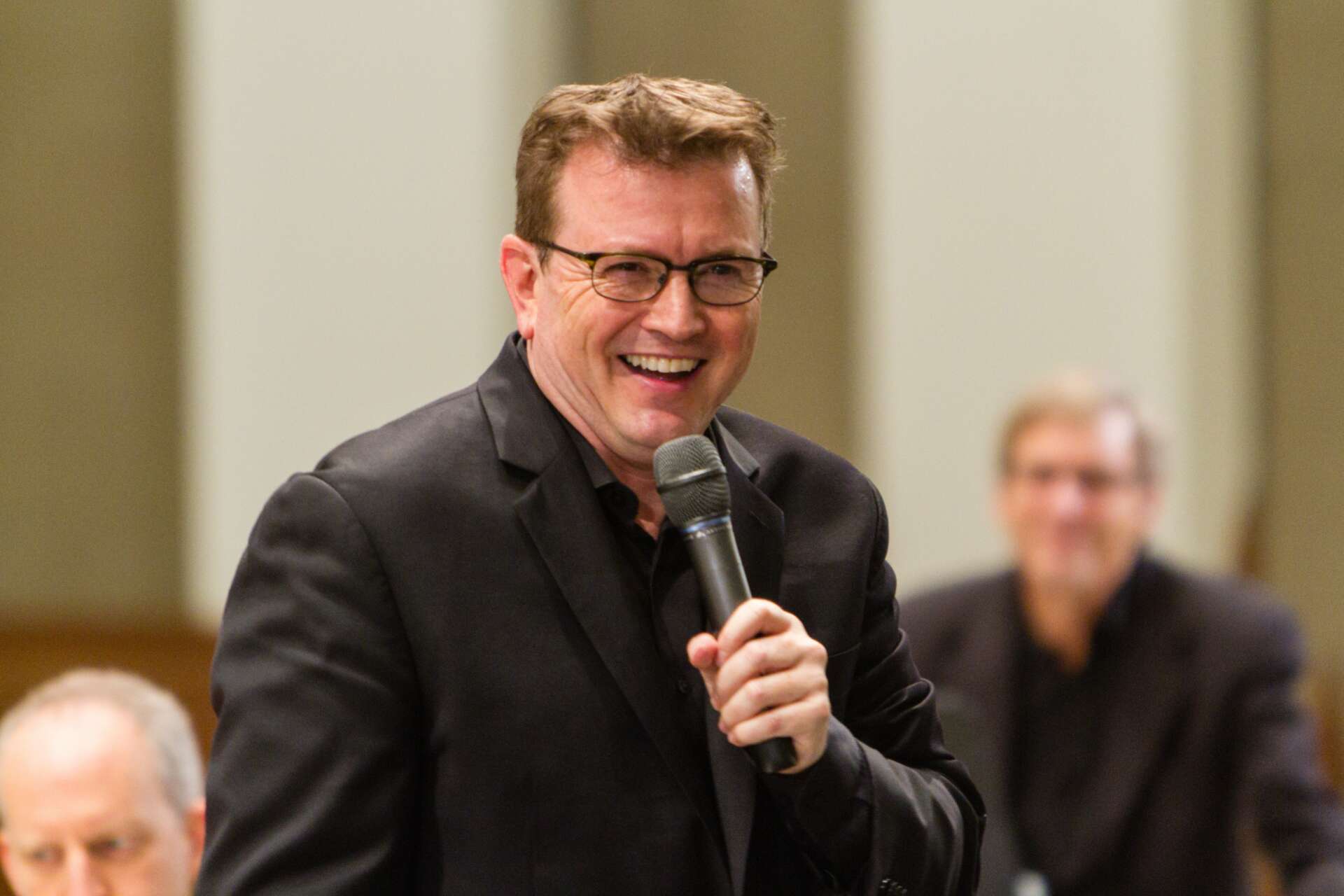
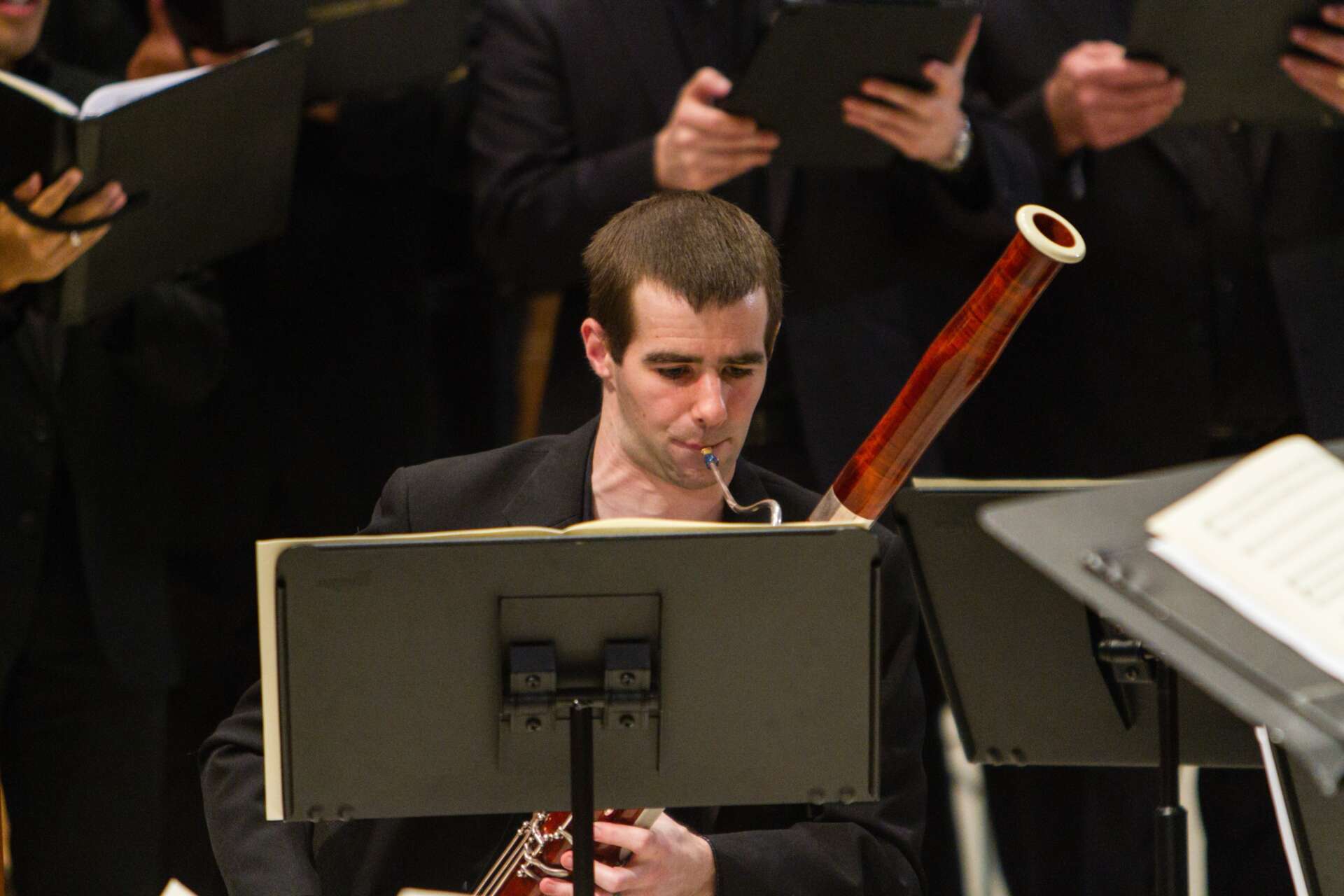
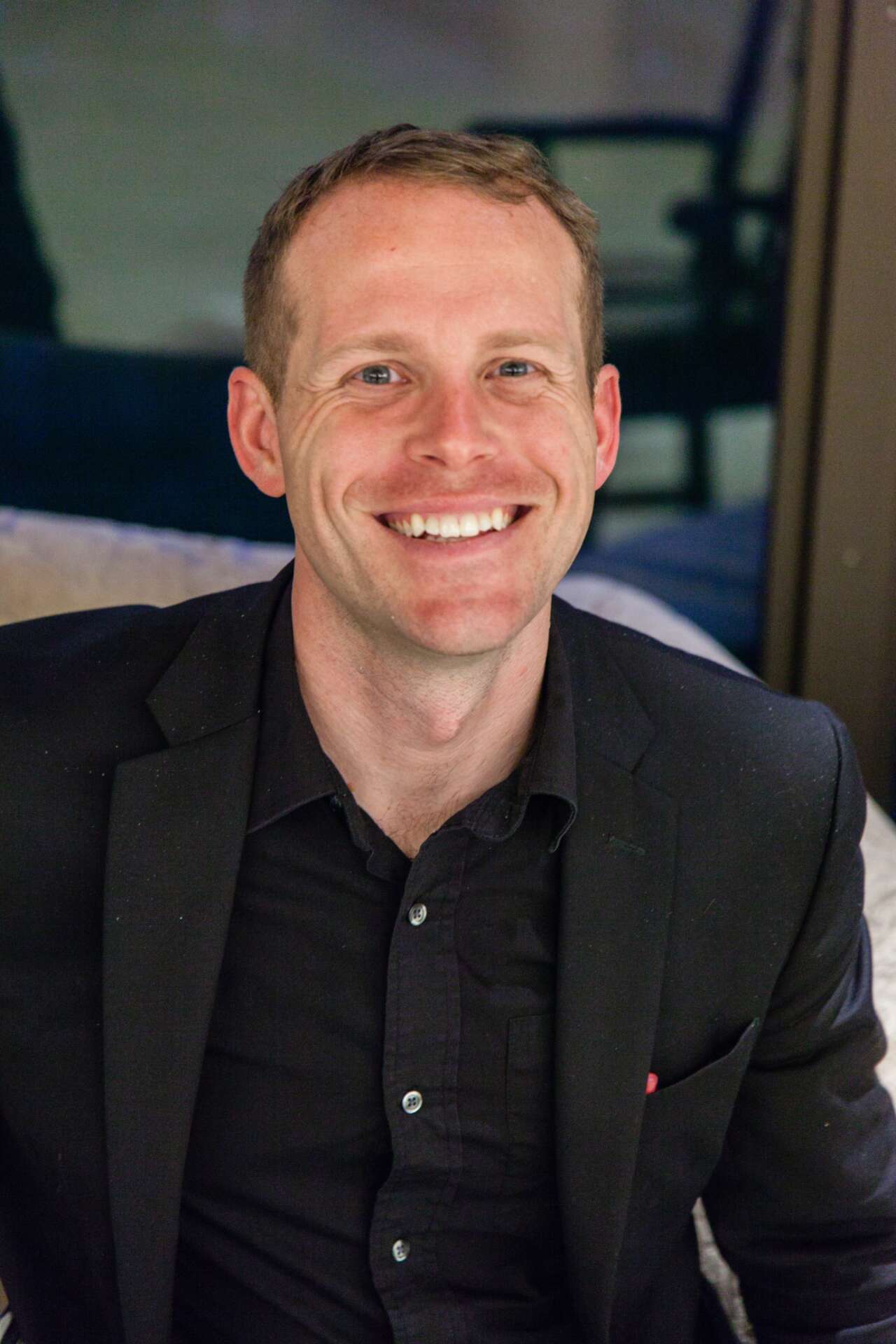
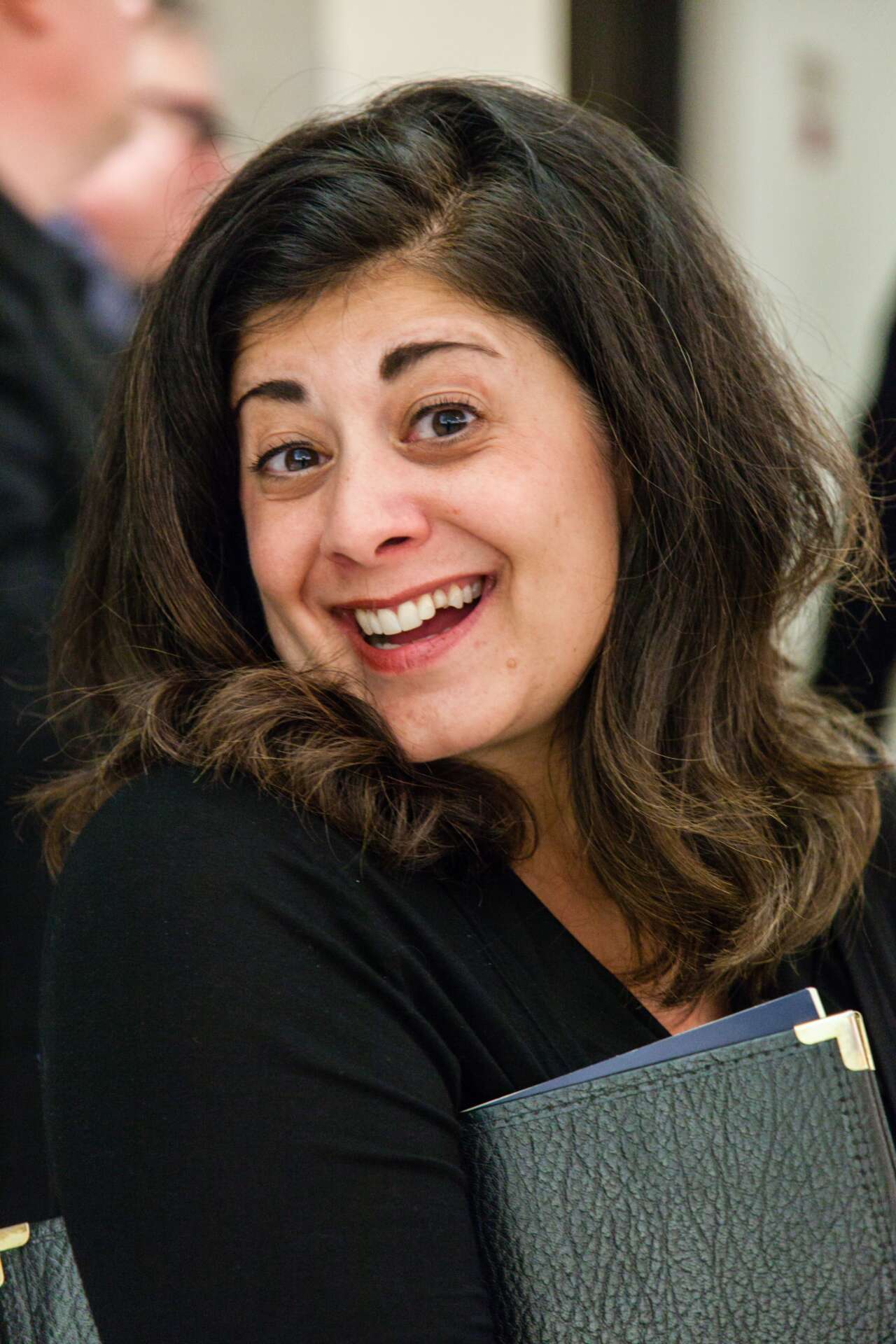
Thomas , love having you share your insights with us. Before we ask you more questions, maybe you can take a moment to introduce yourself to our readers who might have missed our earlier conversations?
I was inspired initially by my high school choral director who encouraged me to audition for the very best conservatories in the country. Her admonition to go to the highest levels of the profession and try to learn from the best. Additionally another conductor early on told me to become and expert at whatever I was good at first (in my case singing) before trying to lead any organization. I had to be respected as a musician in my own right before I could ask to lead others. These two pieces of advice led me to a long and successful career as a professional choral director, choral singer, and vocal coach. I began by teaching high school, singing in professional choral groups and as a professional chorister the National Opera. That led to a college teaching position, numerous conducting opportunities, and eventually my role as the Artistic Director of the Washington Master Chorale. WMC is a professional choral arts organization in Washington DC that focuses on the commissioning of new choral works and the presentation of under performed classics from the canon of choral music. We are the third largest employer of professional singers in the Washington region. We are a concert choir that fills the gap between the smaller chamber choirs and the large symphonic choruses in town. We have premiered many new commissioned works of the 13 years of our existence, including several new extended works for chorus and orchestra by some of the most prominent composers of our time. We have also raised the awareness of the value of professional choral singing in the National Capital Region.
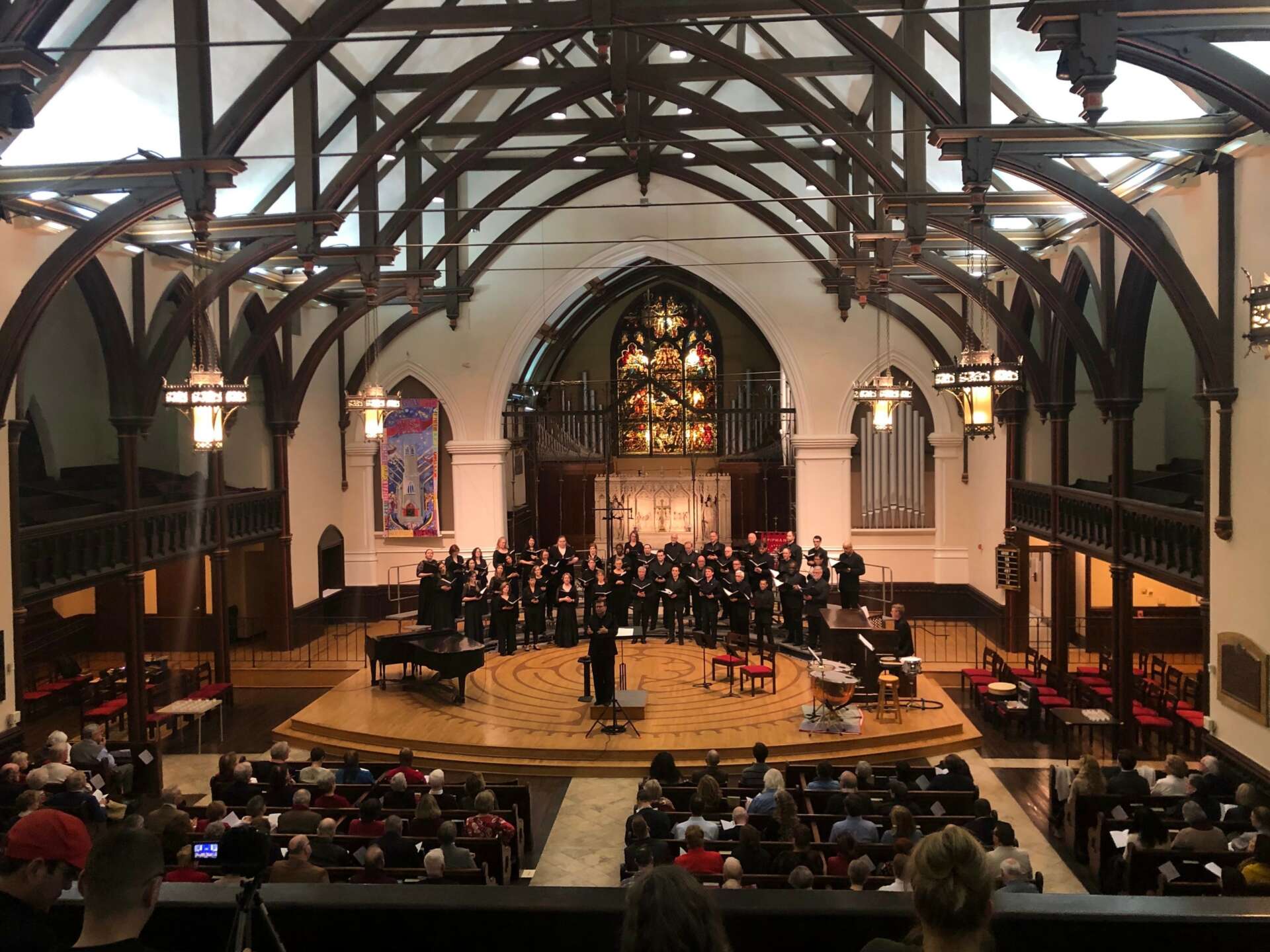
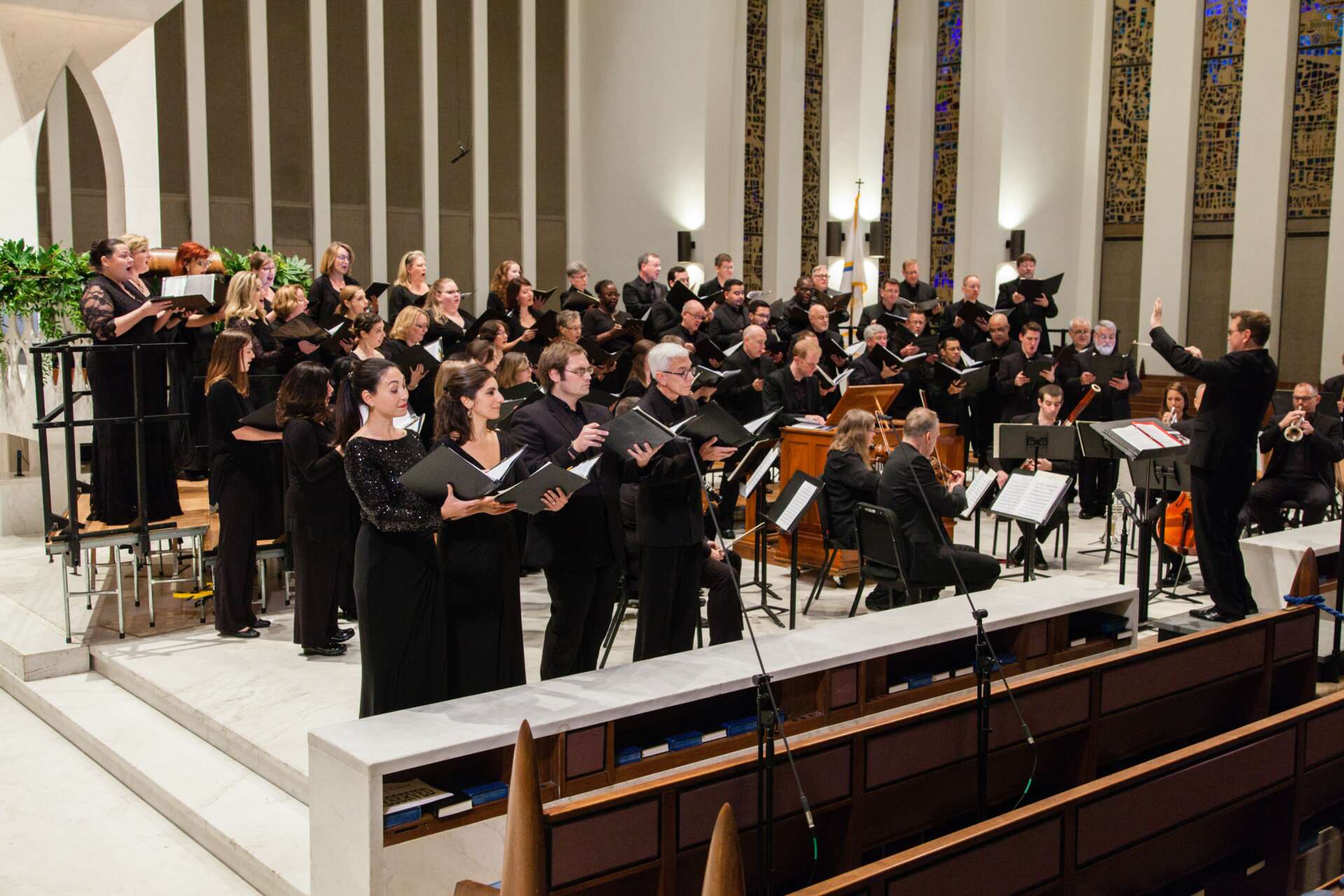
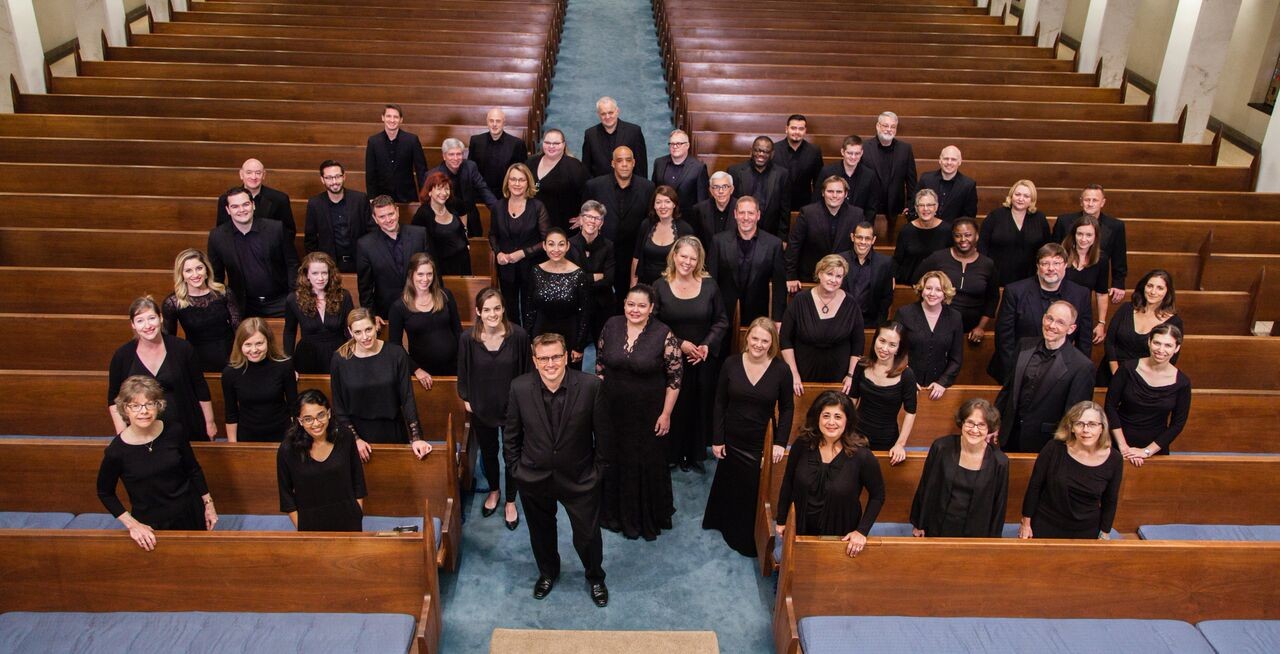
Learning and unlearning are both critical parts of growth – can you share a story of a time when you had to unlearn a lesson?
There is an axiom in the arts that you must be true to your creative vision in order to succeed. This is true fundamentally, but there is a key caveat: You have to be willing to take criticism, let go of artistic ideas, be willing to adjust and modify your plans, lift up others along the way, and intentionally show gratitude, consciously and continually, to those who help you in your artistic pursuits. You also have to build your vision one step at a time, rather than all at once. When I was younger, I believed in nurturing others artistic expression, but I was often hyper focused on my own artistic vision, sometimes to the detriment of my human relationships. This made the artistic journey lonely and isolating at times, something many artists experience. Also, perfectionism is necessary but tempered with realism. If the entire vision went unfulfilled, even one small piece, I would fell the project failed, when in fact it was a huge success. As I am maturing I am learning to focus more on lifting up all the people around me, and working to ensure the self expression of everyone involved is fulfilled as we pursue the artistic mission together. This is leading to an even larger and more durable community of love and joy.
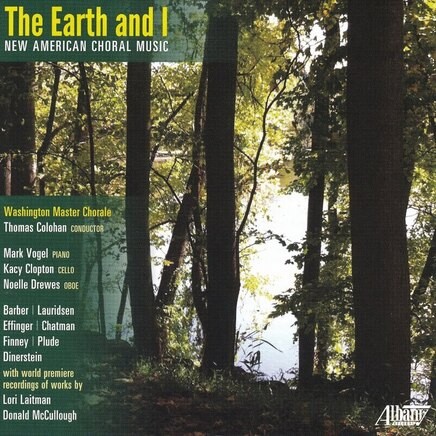
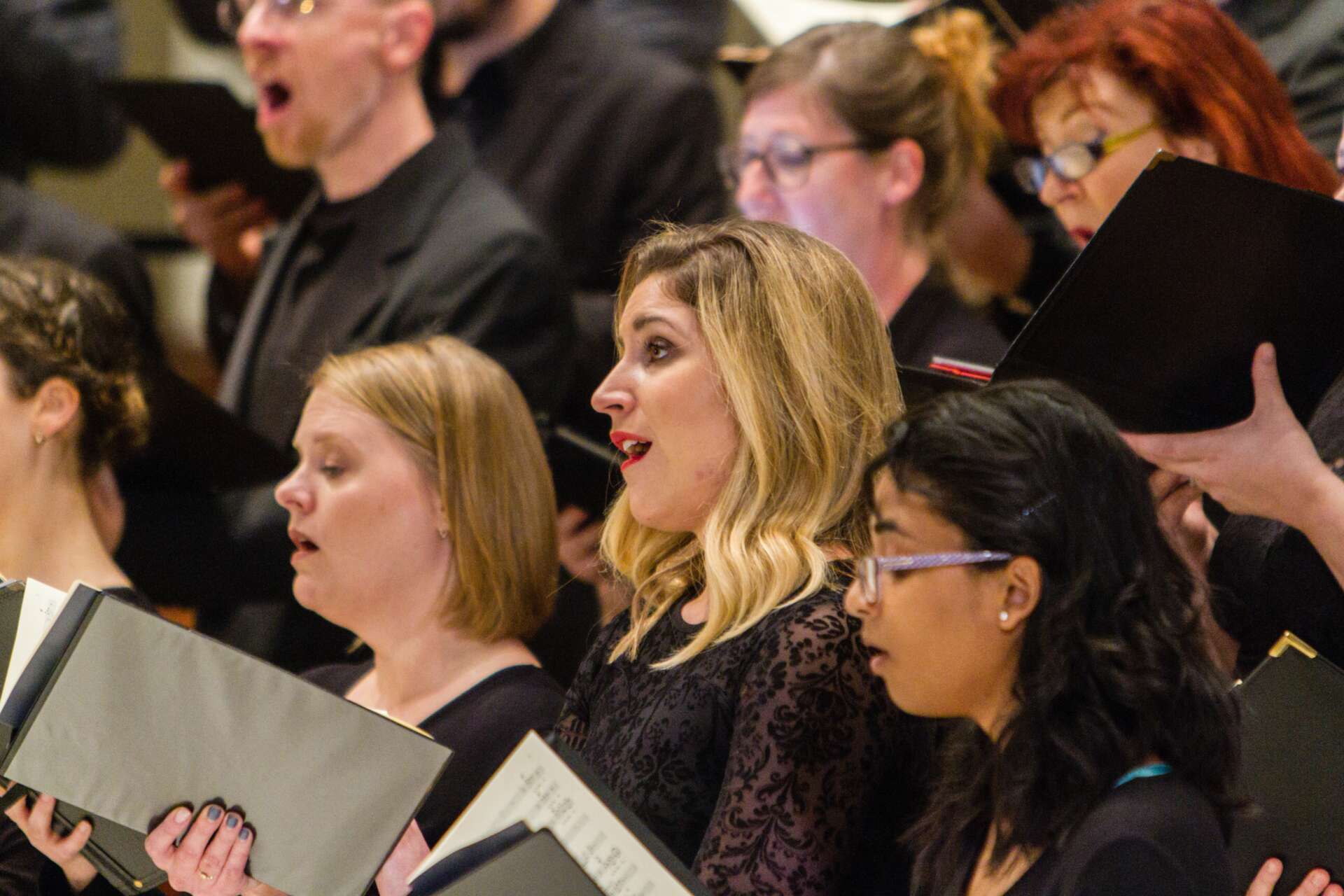
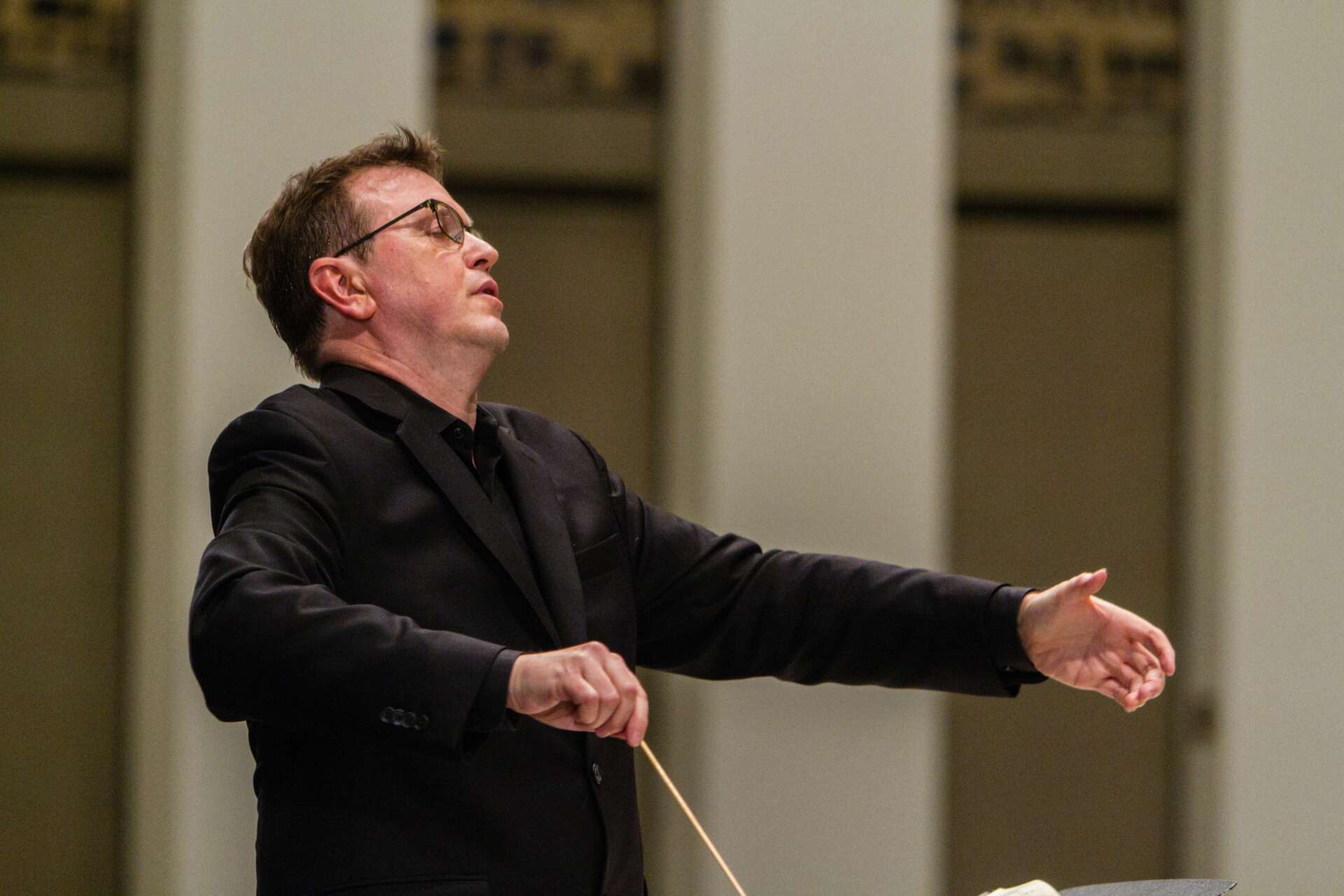
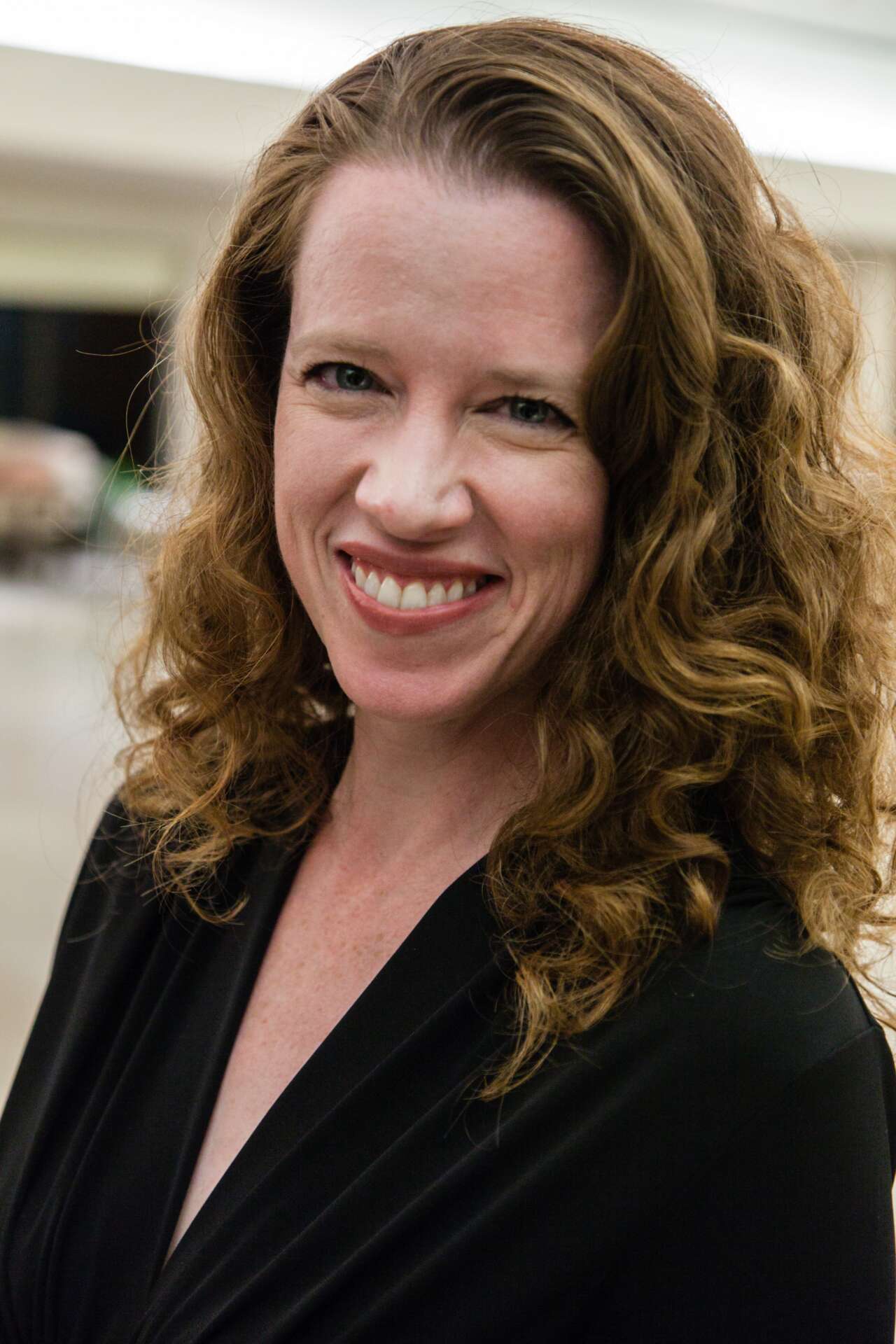
What’s the most rewarding aspect of being a creative in your experience?
The most rewarding aspect of being an artist is definitely the privilege of reaching to the heights and depths of the human experience, to interact regularly with the eternal, and to help others into this divine space. One of my students once observed that entertainment merely distracts us, but art transforms us. It allows us to become, as Toni Morrison said, “more human, and more humane”. When immerse ourselves in great art or great music for an hour or two we are transported to time out of time. This is rare privilege indeed, and rich way to live out a life.
Contact Info:
- Website: Washington Master Chorale
- Instagram: https://www.instagram.com/washingtonmasterchorale/?utm_medium=copy_link
- Facebook: https://www.facebook.com/WashingtonMasterChorale/
- Linkedin: https://www.linkedin.com/company/washington-master-chorale-inc./
- Twitter: https://twitter.com/WashMstrChorale
- Youtube: https://www.youtube.com/c/WashingtonMasterChorale
Image Credits
All images courtesy of Arts Laureate, Diane Kresh, and Peter Lyster


